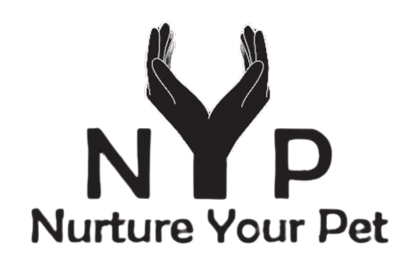What is Dehydrated Dog Food?
Moisture is removed from dog food while retaining nutrition. This process involves gently removing water content from fresh ingredients without exposing them to high temperatures that could damage their nutritional value. The result is a lightweight and shelf-stable product that can be rehydrated with liquid before serving.
The Benefits of Dehydrated Dog Food
There are several advantages to feeding your dog dehydrated food:
Nutritional Value: Dehydration helps retain the nutritional integrity of ingredients by preserving vitamins, minerals, and enzymes that may be lost during traditional processing methods.
Limited Ingredients: Many dehydrated dog foods boast minimal ingredient lists, making it easier for pet owners to identify potential allergens or fillers that may not agree with their dogs’ digestive systems.

Portability and Storage: Due to its lightweight nature and lack of refrigeration requirements, dehydrated dog food is an excellent option for travelers or those who prefer easy storage solutions.
Digestive Health: The gentle dehydration process breaks down fibre and starches in ingredients such as fruits and vegetables, making them more easily digestible for sensitive stomachs.
Palatability: Dehydrated dog food often maintains the natural Flavors and aromas of its ingredients, making it highly appealing to picky eaters.
Safety Factors to Consider
While dehydrated dog food generally offers many benefits, there are a few safety factors that pet owners should be aware of:
Bacterial Contamination: Bacteria can contaminate raw or barely prepared foods. However, reputable dehydrated dog food brands follow strict manufacturing protocols to minimize the likelihood of such issues.
Rehydration Process: Properly rehydrating dehydrated dog food is crucial to ensure it reaches an appropriate consistency for consumption. Failure to do so may result in incomplete hydration and potential digestive issues.
Allergic Reactions: While minimal ingredient lists are advantageous for dogs with known allergies, it’s essential to carefully read labels and identify any potential allergens that your furry friend may have.

Finding a Safe and Suitable Dehydrated Dog Food
When selecting a dehydrated dog food brand for your canine companion, keep the following tips in mind:
Research Brands: Thoroughly research different brands and their manufacturing processes. Look for companies that prioritize quality control and source their ingredients from reputable suppliers.
Consult Your Vet: Consulting with your veterinarian can help determine if dehydrated dog food is suitable for your pup’s individual needs and dietary requirements.
Read Reviews: Read customer reviews from reliable sources to gain insight into other pet owners’ experiences with specific dehydrated dog food brands.
Consider Your Dog’s Age and Activity Level: Take into account your dog’s age, breed, size, and activity level when choosing a dehydrated dog food formula that meets their nutritional needs.
Gradual Transition: When introducing dehydrated dog food into your pet’s diet, make sure to do so gradually to minimize any potential digestive upset.
Conclusion
Dried dog food is safe and nutritious if you buy a good brand and rehydrate it properly. This pet food has nutritional content, limited ingredients, portability, better digestion, and palatability. However, it’s important to consider safety factors such as bacterial contamination and potential allergic reactions. Before altering your dog's diet, consult with your vet. By understanding dehydrated dog food's pros and downsides and taking measures, you can make an informed selection that protects your pet's health.
Explore our blog for essential pet health articles covering preventive care, common health issues, nutrition, and overall well-being. Stay informed and empowered to make the best decisions for your pet's health.







